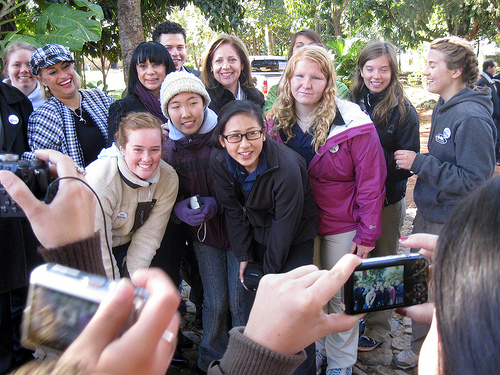Ugandan Research Declares That Cultural Norms Hinder Girls’ Education
 Researchers at the School of Women and Gender Studies at Makerere University in Uganda have presented a study concluding that Ugandan cultural norms are holding back girls’ education and women’s empowerment. At the presentation of the research, government officials promised to use the findings to address challenges girls and women face in the country.
Researchers at the School of Women and Gender Studies at Makerere University in Uganda have presented a study concluding that Ugandan cultural norms are holding back girls’ education and women’s empowerment. At the presentation of the research, government officials promised to use the findings to address challenges girls and women face in the country.
Lead researchers for the project, which ran from October 2012 to March 2013, included Makerere University Professor Grace Bantebya Kyomuhendo, Dr. Florence Kyoheirwe, and Dr. Carol Watson. According to Professor Bantebya, the researchers uncovered widespread discrimination against Ugandan girls with respect to education and empowerment, mostly rooted in religious beliefs, and cultural attitudes, norms, and practices.
Professor Bantebya cited cultural attitudes that consider boys to be more important than girls, and told the audience that factors like child marriage and unequal gendered division of household labor inhibit girls’ education.
“Despite government interventions to educate girls, progress is still held back by so many constraints. Our girls are given in marriage at an early stage for bride wealth . Even some male teachers discriminate against girls, calling them less intelligent,” she declared.
To tackle the issue, the project’s researchers recommended a mass sensitization campaign, increased government focus on the problem, and a repeal of divorce and inheritance laws that discriminate against women.
Researchers plan to implement a second phase of study, funded by the UK’s Department for International Development. The next stage will compare trends between Uganda and other nations, including strategies used by other countries to overcome the problem.
Creative Commons Love: weapher on Flickr.com
Written by Carla Drumhiller Smith









